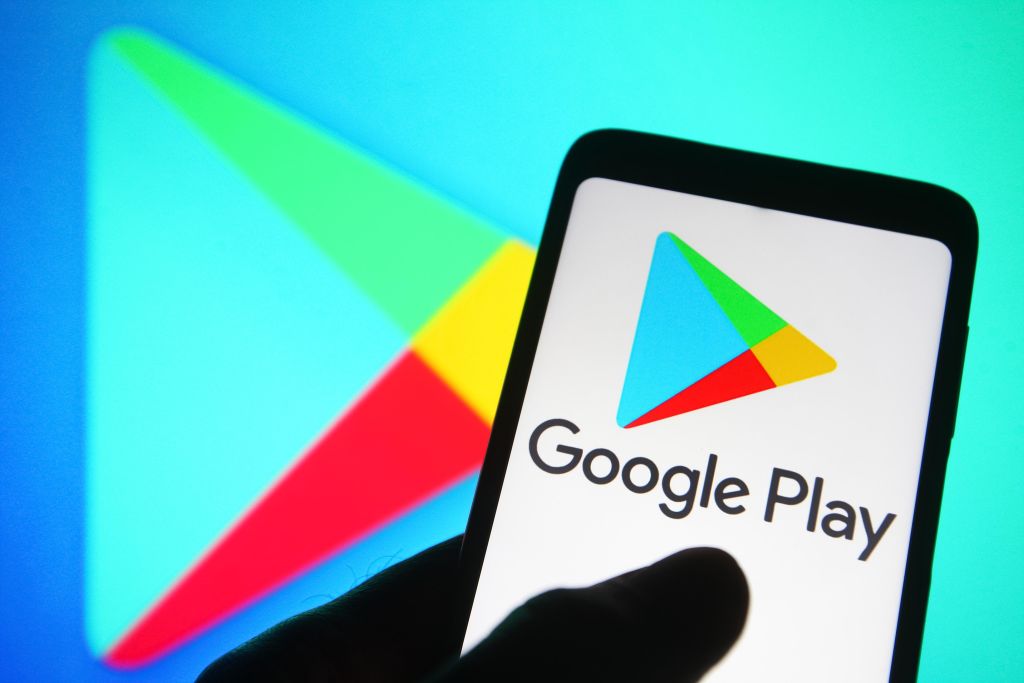Google has stated that it would begin removing unlicensed loan apps from its Store on January 31, 2023. According to the tech company, any loan app that does not have FCCPC-approved paperwork risks being removed. Google specifically mentioned loan apps from Nigeria, Kenya, the Philippines, and Indonesia as being the most affected by its new policy.
According to the tech giant’s new guidelines, loan apps running in Nigeria must now produce permission documentation from the Federal Competition and Consumer Protection Commission (FCCPC) or be removed from the Store by January 31, 2023.
Must Read: New Google Maps, Search, and Shopping Features
According to Google, the policy applies to both applications that directly offer loans and those that connect consumers with third-party lenders. It also states that all new and current apps will have at least 30 days from November 16, 2022, to comply with the revisions before the regulation takes effect on January 31, 2023.

“Digital Money Lenders (DML) must adhere to and complete the LIMITED INTERIM REGULATORY/REGISTRATION FRAMEWORK AND GUIDELINES FOR DIGITAL LENDING, 2022 (as may be amended from time to time) by the Federal Competition and Consumer Protection Commission (FCCPC) of Nigeria and obtain a verifiable approval letter from the FCCPC,” Google said of loan apps operating in Nigeria. You must supply additional information or documentation relevant to your compliance with the necessary regulatory and licensing requirements upon Google Play’s request.”
Must Read: Paga Partners with Visa to Launch Virtual Cards
Remember that the FCCPC has recently clamped down on unlicensed loan applications in the country, also known as loan sharks due to their malicious operations. The Commission recently requested that Google delete four lending apps from the Play Store that were being utilized for unethical acts. Maxi Credit, Here4U, ChaCha, and SoftPay were among the apps.
Despite the FCCPC’s efforts, multiple additional unlicensed loan apps are appearing on the app store by the day, and many Nigerians continue to fall prey to their shenanigans. Although some of the apps are not available through the app store, the new Google policy is likely to limit access to them through the platform.



